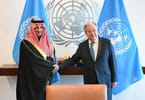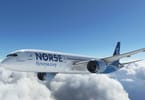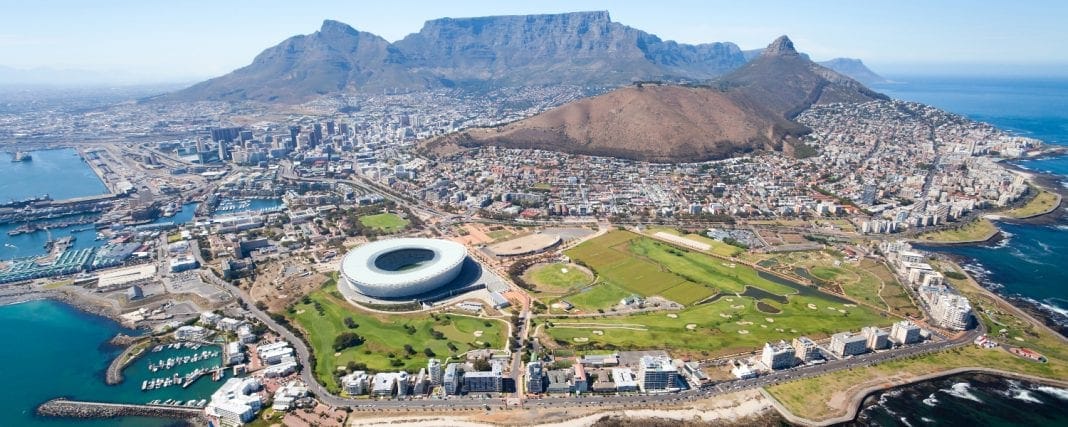Rising fuel costs and turbulent currency markets have dragged profits at Emirates Airline lower as the industry braces for a tough year ahead.
First-half profit fell 76 per cent as the Dubai airline spent US$1 billion (Dh3.67bn) more on fuel than in the same period last year.
“The global challenges of the past six months have again put Emirates to the test,” said Sheikh Ahmed bin Saeed Al Maktoum, the chairman and chief executive of Emirates.
But he said the airline would “continue to grow despite the unsteady marketplace”.
Net income fell to Dh827 million in the first half, down from Dh3.4bn in the six months from April to September.
Emirates disclosed its earnings before the Dubai Airshow, which is to start on November 13, at which further aircraft orders are widely expected from the carrier.
Airlines globally are expected to suffer a fall in total profits to $6.9bn this year compared with $16bn last year, according to the International Air Transport Association (IATA). A further reduction to $4.9bn next year is predicted amid the weak global economic environment.
Following profits of $900m for Middle East airlines last year, there will be a decline to $800m this year, the IATA’s forecasts show. Next year, a further drop to $700m is anticipated.
“Given what’s happened economically in Europe and the US, Emirates’s first-half figures should not be seen as a long-term trend,” said Saj Ahmad, an analyst at FBE Aerospace.
Other factors also had a negative impact on profits, he added.
“The decline in first-half profits is no doubt a reflection of both the effects of regional change and also because of the growth in competition. Not only does Emirates have flydubai on its doorstep, it has a growing Qatar Airways and Etihad Airways to contend with.”
Mr Ahmad said he expected the results would not affect expansion for Emirates or its aircraft orders because the company’s cash position remained strong. On September 30 this stood at Dh13.8 billion, compared with Dh14bn on March 31, the airline reported.
Passenger seat factor, or the occupancy of seats on Emirates flights, reached an average of 79.3 per cent, down slightly from 81.2 per cent in the same period last year, as the airline increased its capacity, the carrier said.
Emirates has a fleet of 161 aircraft. Since the start of its current financial year, the airline has taken delivery of 10 new wide-body aircraft, with another 13 aircraft scheduled for delivery before the end of the financial year.
It has launched flights to Geneva, Copenhagen and St Petersburg since April. It plans to add another eight routes, including Baghdad this month and Rio de Janeiro, Buenos Aires, Harare, Lusaka, Dallas, Seattle and Dublin early next year.
“It’s a tough year of crises and shocks for airlines in the Middle East and North Africa region,” Majdi Sabri, the IATA’s regional vice president for the Middle East and North Africa, said this week.
“September figures show that Middle Eastern airlines are rapidly adjusting capacity growth in response to economic uncertainty in the region and globally.”
Last month, Etihad said fuel-hedging measures taken by the airline left it less exposed to soaring oil prices and that it still expected to achieve its break-even target for this year.
WHAT TO TAKE AWAY FROM THIS ARTICLE:
- “The decline in first-half profits is no doubt a reflection of both the effects of regional change and also because of the growth in competition.
- Since the start of its current financial year, the airline has taken delivery of 10 new wide-body aircraft, with another 13 aircraft scheduled for delivery before the end of the financial year.
- Last month, Etihad said fuel-hedging measures taken by the airline left it less exposed to soaring oil prices and that it still expected to achieve its break-even target for this year.






















